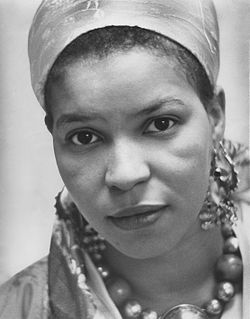A Quote by Ntozake Shange
Spell-check ruins my work. It fixes all my slang and dialect into standard English. So I'm caught in a tangle of technology that feels very foreign to me.
Related Quotes
Shakespearean words, foreign words, slang and dialect and made-up phrases from kids on the street corner: English has room for them all. And writers - not just literary writers, but popular writers as well - breathe air into English and keep it lively by making it their own, not by adhering to some style manual that gets handed out to college Freshmen in a composition class.
Did you ever spell a word so bad that your spell check has absolutely no clue what you're trying to spell? What do you end up getting, you end up getting, like, a question mark. You got a million dollars of technology just looking back at you like, 'You got me, buddy. Which is pretty amazing because I have all the words.'
Dialogue that is written in dialect is very tiring to read. If you can do it brilliantly, fine. If other writers read your work and rave about your use of dialect, go for it. But be positive that you do it well, because otherwise it is a lot of work to read short stories or novels that are written in dialect. It makes our necks feel funny.
I found cause to wonder upon what ground the English accuse Americans of corrupting the language by introducing slang words. I think I heard more and more different kinds of slang during my few weeks' stay in London than in my whole "tenderloin" life in New York. But I suppose the English feel that the language is theirs, and that they may do with it as they please without at the same time allowing that privilege to others.
Black English is something which - it's a natural system in itself. And even though it is a dialect of English, it can be very difficult for people who don't speak it, or who haven't been raised in it, to understand when it's running by quickly, spoken in particular by young men colloquially to each other. So that really is an issue.
People often ask me if I'm working on a book. That's not how I feel. I feel like I work in a book. It's like putting myself under a spell. And this spell, if you will, is so real to me that if I have to leave my work for a few days, I have to work myself back into the spell when I come back. It's almost like hypnosis.






































